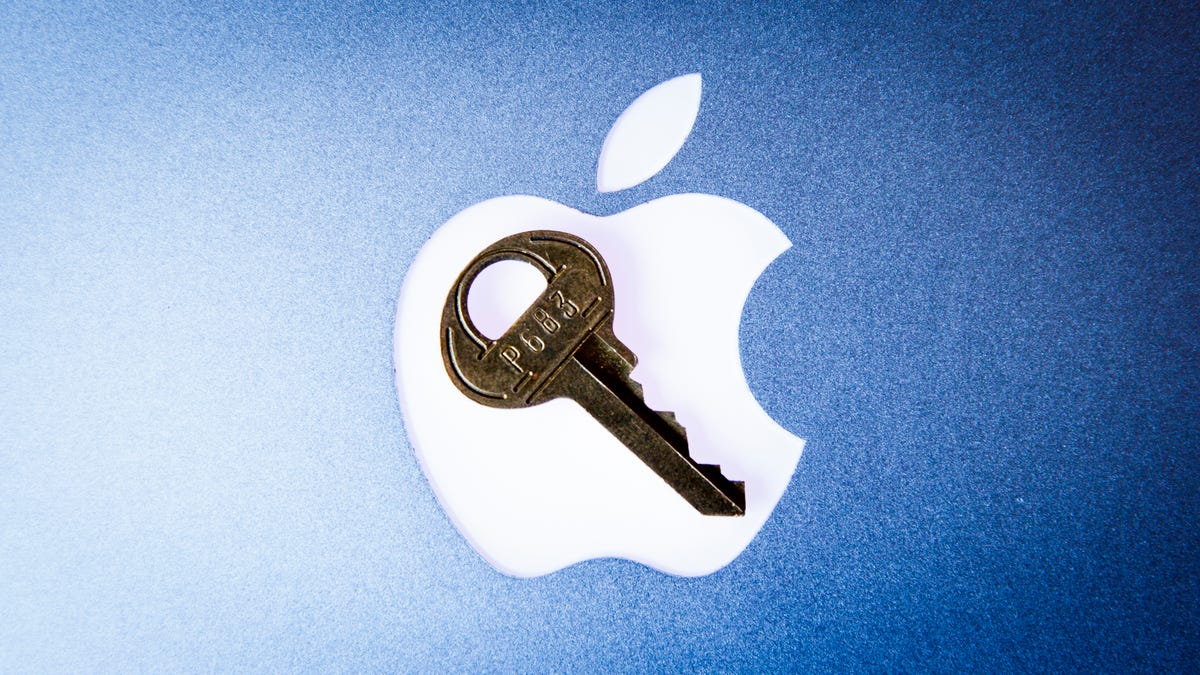Apple says 'dangerous' Australian encryption laws put 'everyone at risk'
"It would be wrong to weaken security for millions of law-abiding customers in order to investigate the very few who pose a threat," the tech giant said.

Apple has come out with one of its strongest defences of encryption yet, saying it is the "single best tool we have to protect data and ultimately lives."
The tech giant has made a submission to the Australian government in response to proposed encryption laws in the country that it says are "dangerously ambiguous" and have the potential to compromise security, safety and privacy for millions of people -- not just in Australia, but around the world.
The Australian parliament is currently considering new encryption laws that would require tech giants such as Apple, Facebook, WhatsApp and more to provide access to encrypted communications to law enforcement for policing crime.
The so-called "Assistance and Access Bill" sets out three levels of assistance that companies can be called on to provide to police and national security agencies. These range from "voluntary assistance" all the way up to a notice issued by the attorney general requiring tech companies to "build a new capability" in hardware or software to allow access to encrypted communications.
Australia's conservative federal government has insisted that the laws would not require tech companies to build so-called "back doors" into encrypted communications.
'Dangerously ambiguous'
But Apple has slammed the bill, saying it is too broad, that the wording is "dangerously ambiguous," and that it would create "unprecedented" powers for law enforcement without appropriate judicial oversight, including the ability to intercept encrypted communications and "eavesdrop" on people in real time.
Apple also says the proposed Australian laws could force the company to break the laws of other jurisdictions such as the US and Europe, and compromise the privacy of users around the world.
"Some suggest that… access to encrypted data could be created just for only those sworn to uphold the public good," Apple wrote in its submission. "That is a false premise. Encryption is simply math. Any process that weakens the mathematical models that protect user data for anyone will by extension weaken the protections for everyone.
"It would be wrong to weaken security for millions of law-abiding customers in order to investigate the very few who pose a threat."
Apple joined the chorus of other security and privacy experts calling the bill "vague," saying that it fails on basic terms to outline how law enforcement would access encrypted data and under what circumstances.
As a result, the company says key elements of the law rely on the government's "subjective" understanding of "technical complexities." In short, that the government could force a tech company to break encryption, even if security experts, academics and the companies themselves believe that is "dangerous and irresponsible."
Perhaps most alarming is Apple's contention that the laws would create "unprecedented" power for Australia's top spy agency ASIO to order tech companies to build capabilities into their systems to intercept encrypted communications -- changes that would "allow the government to eavesdrop on their customers."
It's not the first time Apple has come out strongly in defence of encryption. In 2016, the company faced off against the FBI over access to the iPhone owned by a terrorist suspect in the San Bernadino shooting case. In that case, Apple fought back against the FBI's requests to break encryption, with CEO Tim Cook calling the request "chilling."
While the FBI might be a long way from the Australian Parliament, Apple is once again using strong language in its bid to stop any encroachment on the privacy of its users.
Whether it's an iPhone in California or a device in Australia, Apple's message is clear: Weakening encryption for anyone "puts everyone at risk."
Security: Stay up-to-date on the latest in breaches, hacks, fixes and all those cybersecurity issues that keep you up at night.
Apple: See what's up with the tech giant as it releases new iPhones and more.

